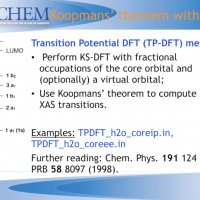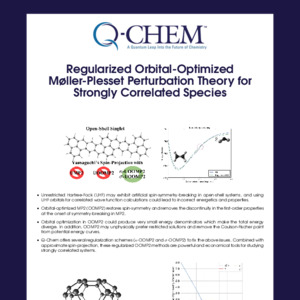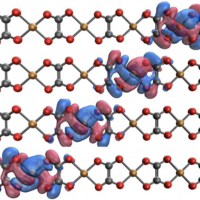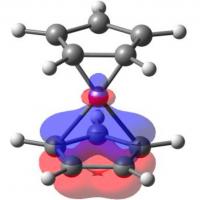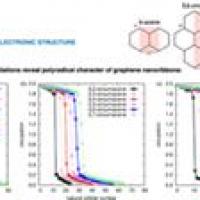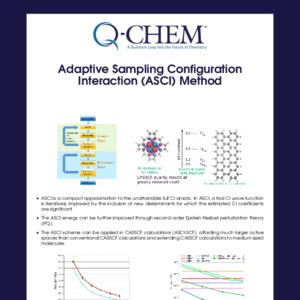Q-Chem Webinar 59
Restricted Active Space CI family of methods in Q-Chem
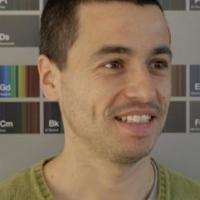
David Casanova has been an Ikerbasque Research Associate at the Donostia International Physics Center (DICP) since 2018. Casanova’s research focuses on the development and implementation of electronic structure for excited states and strongly correlated systems. Casanova is also using these methods to study optoelectronic and magnetic properties of molecular materials and to investigate underlying photophysical processes.
Abstract
The restricted active space configuration interaction (RASCI) is a single reference approach based on the splitting of the orbital space in different subsets, in which the target CI space is expressed by the concomitant number of electrons and empty orbitals in each subspace. RASCI has shown to be a rather feasible approximation to treat systems with two or more strongly correlated electrons, especially when it combines the application of a spin-flip excitation operator on a high-spin reference configuration. In this webinar, I will introduce the RASCI methodology within the hole and particle approximation, and I will discuss its theoretical foundations, implementation, and associated computational tools for state characterization. The properties and limitations of RASCI will be exemplified in the study of ground and excited states.

Questions or suggestions?
We hope you enjoyed this webinar! If you have any questions or feedback for the speaker or the Q-Chem team on the topics covered in this webinar, please use this forum thread:https://talk.q-chem.com/t/webinar-59-by-david-casanova-restricted-active-space-ci-family-of-methods-in-q-chem/505.
